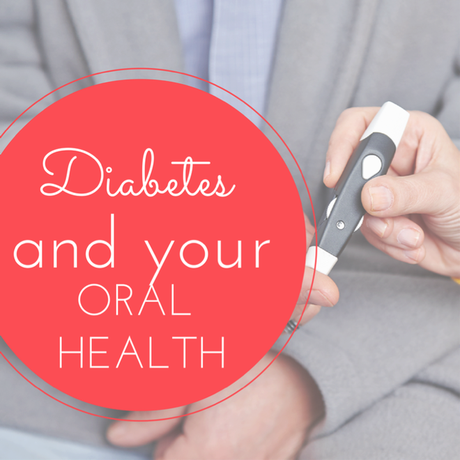Overview
During the past ten years, much research has been undertaken on the link between periodontal disease and diabetes. The periodontal disease is the sixth leading complication of diabetes and if you have been diagnosed with it, then you are three to four times more likely to develop it. You are at a higher risk for more severe levels of gum infection and bone loss.

The more severe form of gum disease is called as periodontitis. When you reach this stage, the gums start to pull away from your teeth. The pockets form between the gums and teeth and these will fill with pus and germs and deepen. When this happens, you;ll need the gum surgery in order to save your teeth. If nothing is done, then the infection will destroy the bone around the teeth. The teeth will then start to move or begin to loose. Then the teeth may fall out or need to be pulled.
Is There an Association Between Gum Disease and Diabetes?
Nearly 30 million Americans have diabetes and most of them may be surprised to learn about the unexpected complicated related with it. As per research, there is an increased prevalence of the gum disease among those with diabetes. It also add serious gum disease to the list of other associated complications such as stroke, heart disease and kidney disease.
Is There a Two-Way Street?
The emerging research suggests that the relation between serious gum disease and diabetes is a two way street. People with diabetes are more susceptible to serious gum diseases that have the potential to affect the blood glucose control and contribute to the progression of diabetes. The research also suggests that people with diabetes are at higher risk for oral health problems such as gingivitis which is an early stage of gum disease and periodontitis which is a serious gum disease.
The reason why people with diabetes are at higher risk for serious gum disease is that they are more susceptible to the bacterial infection and have a decreased ability to fight the bacteria which invades the gum. The Surgeon General’s Report on Oral Health states that the good oral health is an integral part to the general health. Ensure to brush and floss properly and visit your dentist for regular checkups.
If I Have Diabetes, am I at Risk for Dental Problems?
If your blood glucose levels are poorly controlled then you are more likely to develop serious gum diseases and lose more teeth than the non-diabetics. Unlike all the infections, serious gum disease may be a factor causing the blood sugar level to rise and make harder to control the diabetes. Other oral health problems related to diabetes are: dry mouth which can cause soreness, ulcers, thrush, an infection caused by fungus which grows in the mouth, infections and cavities.
How Can I Help Prevent Dental Problems Associated with Diabetes?
Control your blood glucose level. Take good care of the teeth and gums, along with a regular checkup every six months. Maintain good diabetic control to control fungal infection and thrush. Avoid smoking. Remove and clean dentures daily if you wear them. Good blood glucose control helps to prevent or relieve the dry mouth caused by diabetes.
What Can I Expect at My Checkup? Should I Tell My Dental Professional About My Diabetes?
Dentists and hygienist are equipped to meet the special needs of people with diabetes. Keep your dentists and hygienist informed about any changes in your condition and medication you might be taking. If your blood sugar level is not in good control then postpone any non-emergency dental procedures.
Source:
What Is the Link Between Type 2 Diabetes and Oral Health?

